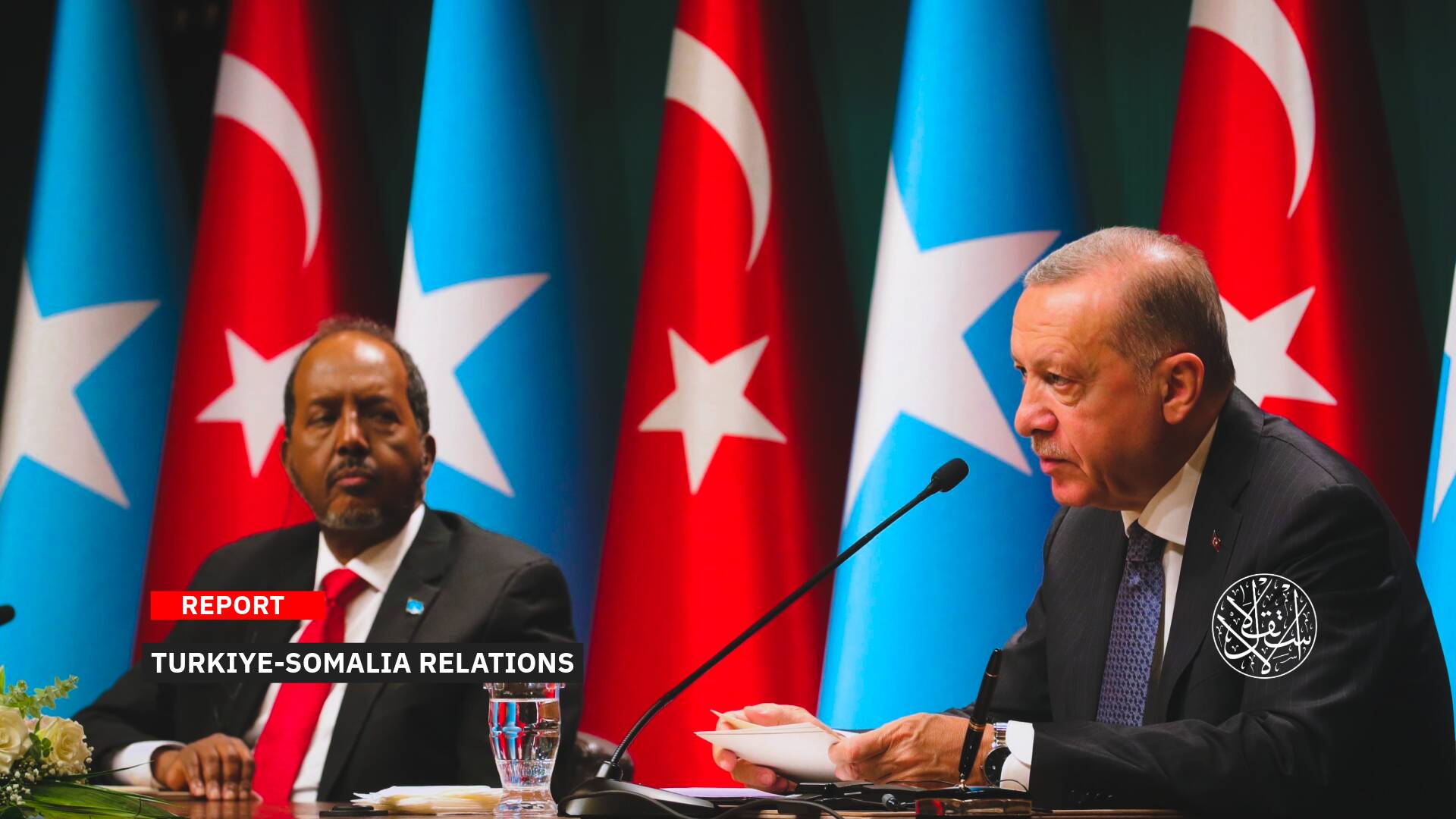Digital Islamophobia: Dangers and Mechanisms to Confront It

A Turkish newspaper asserted that: "Anti-Islamic ideologies and ideas that take place among discourses based on race, ethnicity, nationalism, and gender, have begun to spread widely."
In an article for the editor-in-chief of the Turkish channel TRT Germany, Kan Alper, in Yeni Şafak newspaper explained that the effects of this mentality spread in the digital world.
Islamophobia is causing more pressure on Muslims, especially through the negative depiction of veiled women in the media or in public places.
Alper added: "For example, the Austrian newspaper Salzburg Nachrichten (SN) preferred to attach a picture of a woman wearing a headscarf with a story it published on January 8, 2022, stating that the Coronavirus is spreading rapidly."
He added: "Although the identity of the woman is unknown, and her face cannot be identified, the fact that she is wearing the hijab clearly indicated that she is a Muslim woman."
The Necessity of Censorship
Although the newspaper in question is trying to use such a picture, to give the impression that Muslims and immigrants are the reason behind the increase in the number of new cases of Coronavirus in Austria, the Austrian Statistical Institute (Statistik Austria) showed the opposite, confirms Alper.
He explained: "According to the statistics, the proportion of recipients of the anti-Coronavirus vaccine is 68 percent in Austria, but we see that residents of Turkish origin topped the list by recording the highest vaccination rates, which reached 73 percent, given the vaccination statistics by nationality."
The Afghans have a vaccination rate of 72 percent, both figures higher than the general vaccination rate of the population.
He stressed that: "Attaching a picture of a woman wearing a veil with news about the increase in the number of people infected with Corona, despite the presence of related statistics, is the product of a mentality hostile to Islam, Muslims and foreigners. This was only one example, and it is possible to see much similar news in the Western media."
Alper said: "Today, Islamophobia has become a cultural phenomenon gradually spreading over the Western European countries, with Orientalist perceptions inherited from the past, and used by populist politicians to win the support of different societal segments."

According to Farid Hafez, a researcher specializing in Islamophobia explained that Islamophobia is not a marginal radical ideology in contemporary Europe. On the contrary, it is an accepted form of racism.
He continued: "It is noteworthy that political scientists and academics did not agree on a clear definition of Islamophobia, consequently, it is not easy to confront it."
From another side, the lack of sufficient legal ground, and the lack of a common and agreed-upon censorship mechanism to oversee digital media, both pave the way for the rapid spread of Islamophobia culture through social media.”
Hafez noted: "The lack of censorship does not only facilitate the spread of Islamophobia, but it enables terrorist organizations to promote their ideas as well. Therefore, countries should cooperate and work to establish legal censorship mechanisms to combat terrorism, racism, discrimination and digital hatred."
Digital Struggle
For his part, Alper considered that creating alternative platforms to face the news covered by local and digital media, which creates a distorted negative image of Islam and Muslims, is one of the most important tools to combat Islamophobia.
He explained this by saying: “Since the increase in new and digital media networks is accelerating the spread of Islamophobia, it is possible to combat it by working on the same platforms, for example, TRT Deutsch, which is affiliated with the Turkish Radio and Television Corporation (TRT). The TRT Deutsch was established in Berlin two years ago.”
"The German TRT struggles with separatist and divisive broadcasting policies in German-speaking countries such as Germany, Austria, and Switzerland. It continues its efforts to create a multicultural social order in the face of efforts to ignite hostility against Islam, Muslims, and foreigners," Alper added.
On one hand, the German TRT aims to prevent the recurrence of incidents by hosting institutions and individuals who have been subjected to hostile attacks. From another hand, it provides positive examples of Islam and Muslims in order to eliminate unrealistic fears and perceptions, the writer said.
He pointed out that: "Turkish associations and mosques in Europe, which are often attacked, were not only targeted by the extremist right-wing, but also by members of the terrorist Kurdistan Workers Party (PKK)."
He added: "Although many EU member states consider the PKK a terrorist organization, their flags are still raising in demonstrations that take place in many EU countries."
Alper asked: "How can we show the truth in front of the negative propaganda of the PKK? I will give you an example that happened recently. The German TRT dealt with the news that the company Generali Sigorta in Austria used a picture very similar to the flag of the PKK in a promotional advertisement for it.”
He continued: "Whether it did it intentionally or unintentionally, a public opinion was formed on the matter and the advertisement was deleted through the mediation of the ambassador of Vienna, and this demonstrates the importance of content produced in digital media, and this can be considered an example of what institutions can do in the fight against Islamophobia."
Alper concluded his article, stressing the responsibility of individuals by saying: “Social media users, especially those who live in Europe, have great responsibilities and duties as well, such as producing content to combat Islamophobia or sharing good content related to the topic on social media channels. These small steps can have big effects.”












